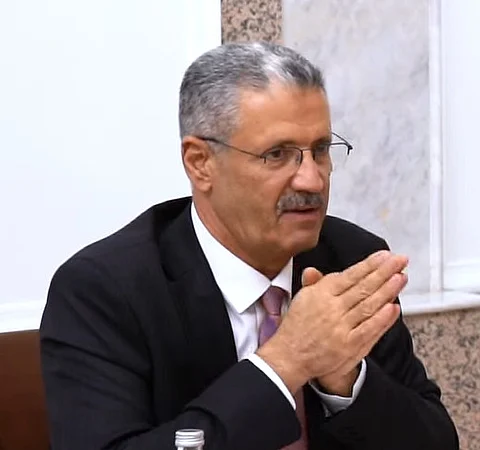

The Iraqi government has filed a lawsuit against the semi-autonomous Kurdish Regional Government (KRG) over a major energy deal signed between Washington and Erbil.
The lawsuit, initiated by Iraq’s Oil Ministry, argues that any energy agreements involving Iraqi resources must be conducted with Baghdad’s inclusion. The ministry stated that the deals are “null and void” without central government authorization.
The energy deal in question was signed last week during Kurdish Prime Minister Masrour Barzani’s visit to Washington. It involves U.S.-based energy firms HKN Energy and WesternZagros and is reportedly worth over $100 billion.
At the center of the dispute is the Iraq–Turkey Oil Pipeline, which has remained shut since March 2023 due to ongoing disagreements between Baghdad and Erbil. Baghdad has long argued that the Kurdish region does not have the legal authority to export oil independently. A Paris-based arbitration court previously ruled in Baghdad’s favor, stating that the KRG cannot conduct oil exports without central government oversight.
However, Kurdish officials maintain that their agreements are based on pre-existing contracts, which they argue remain valid.
Meanwhile, the Iraqi government is also facing increasing pressure from Washington to reduce oil and gas imports from Iran. The Trump administration has revived its “maximum pressure” campaign aimed at cutting off Tehran’s energy exports. This puts Iraq in a delicate position, as it is an ally to both the United States and Iran and remains wary of being drawn into regional tensions.
Despite holding approximately 10% of the world’s proven oil reserves, Iraq remains dependent on energy imports to meet domestic needs.
In a move to boost local energy production, Iraq’s Oil Ministry last week finalized a deal with Chinese firm Geo-Jade Petroleum and the Basra-based Basra Crescent. The agreement aims to significantly increase output at the Tuba oil field—from 20,000 barrels per day to 100,000 barrels per day—and to process 50 million cubic feet of associated gas daily.
The deal also includes plans for new infrastructure projects, including refineries, a petrochemical plant, a fertilizer facility, and both thermal and solar power stations.